With the Virginia General Assembly at the crossover, the bureaucracy is picking winners and losers quickly.
First and foremost is a new poll from the Christopher Newport University Wason Center showing Republican Governor Glenn Youngkin at 41/43 after what could only be termed as a relentless assault on Youngkin’s character and reputation by House and Senate Democrats. The implication of the poll is to reinforce the narrative that the not-one-inch orders are working.
Of course, Republicans were quick to — how does the media say it? — pounce on the demographic split of the CNU poll:
If you’re looking at new Wason Center poll I’d note one thing that jumps out in sample: Their Oct ‘21 Va poll had self ID’d “liberal/very liberal” voters at 23%. This one has that group at 35%. That significant jump will have an impact on the final numbers. Found it interesting.
— Tucker Martin (@jtuckermartin) February 21, 2022
The only small critique to add to this is that Youngkin — despite pretensions to the contrary — didn’t win the gubernatorial election by that much. Is a 41/43 split plausible? Certainly so — and while Youngkin’s public campaigning and media schedule suggest that the governor is doing all he can to keep the honeymoon going, Virginia Democrats are going to get a say and are committed to the task of grinding him down.
Meanwhile, Speaker Todd Gilbert (R-Shenandoah) seems to be emerging as the leading limit of what Republicans are willing to consider as theoretical maximums when it comes to moving the needle. Nothing earthshattering, but it is a series of small yet important legislative wins that come with the wisdom of knowing that ships of state do not turn on a dime (much less in one day).
Some other notables from the CNU Wason poll?
- A majority of Virginia voters prefer spending the state budget surplus on underfunded government services, such as education, public safety and social services (59%), rather than providing tax cuts or tax rebates (38%).
This is one of those “how do you frame the question?” polls where the word underfunded does a remarkable amount of lifting. If something is underfunded, you fix it before you spend it. The wider question remains as to whether or not education, public safety, or social services are underfunded, or whether or not underfunding is a chronic and systemic problem of each that deserves some form of reinvention or reallocation of resources. - Voters overwhelmingly support cutting the 2.5% grocery tax, either by a total repeal (47%) or by giving low-income Virginians a tax credit (25%).
Not a whole lot of brainpower needs to be expended here. - Voters support teaching how racism continues to impact American society (63% to 33%) and oppose a ban on the teaching of Critical Race Theory in public schools (57% to 35%).
Once again, how the question is asked (and the order in which they are asked) is important. How many people can accurately define what CRT is on the left or the right? Probably not suited for a poll. But most people are going to say that the legacy of racism should be taught as a historical artifact. Is it a present-day reality? That’s the CRT question we missed… - Virginia voters support vaccine mandates for first responders (58%), teachers (57%) and medical providers (61%), while opposing mandates for elementary students (55%) and middle school students (51%). On masks in schools, voters say health data should be used to determine mask requirements (56%) versus leaving the decision to parents (41%).
National media reported last week that the Democratic Governors Association (DGA) instantly reversed the science… er, I mean saw the writing on the wall when it came to mask mandates after a closed-door meeting reviewing poll numbers for the upcoming 2022 elections. Common sense is a common virtue after all. - Voters strongly support stationing a police officer in every school (70%).
And yet 57% believe that CRT should be taught while that very same theory states that police officers and SROs are visible signs of white supremacy? Something of a disconnect here… - On abortion, a plurality oppose a 24-hour waiting period (49% to 44%), while a majority oppose requiring an ultrasound (57% to 36%) and a ban on abortions at 6 weeks (58% to 33%).
Which means that a European-style regulation of abortion up to six weeks enjoys the same degree of support that same-sex mock marriages did when Mark Herring picked up his briefcase and opposed the Virginia Constitution in 2010. Ultrasounds — it should be noted — are universally required for surgical abortions; the reason why the abortion industry opposes an ultrasound requirement is because it would interfere with lucrative and medically risky abortion-by-mail schematics being pushed by the Biden administration. - Voters support the state’s membership in the Regional Greenhouse Gas Initiative carbon cap-and-trade program (67% to 26%) and the Virginia Clean Economy Act (67% to 28%), a law requiring the state to generate 100% of its electricity from renewable energy by 2050.
Most voters also oppose skyrocketing energy prices without even considering whether RGGI or the Clean Economy Act contribute to such consequences.
What should alarm most observers is the rigidity of the partisan divide. As Quentin Kidd notes:
Differences are largely along partisan lines, with 80% of Republican voters saying Virginia is heading in the right direction, compared to 22% of Democrats and 45% of Independents. On Governor Youngkin’s job performance, 85% of Republicans approve, while 81% of Democrats disapprove, and Independents are fairly split (42% approve, 36% disapprove, 22% don’t know).
“In this highly polarized environment, we see partisans running to their corners on how they view the direction of the Commonwealth and the job of the governor,” said Quentin Kidd, Academic Director of the Wason Center. “Youngkin’s approval numbers are certainly lower than those of recent governors in Wason Center polling early in their term.”
Which I surmise is the real tale of the tape with the CNU Wason poll. Even if one seeks to quibble with the partisan shift, one doubts that the demography of Virginia has shifted radically over the last three months. Virginia remains rather evenly and sharply divided with very few issues enjoying bipartisan crossover support (though the CNU Wason poll does attempt to explore possible pathways).
Youngkin’s numbers are indeed lower than average and probably because Youngkin was not elected to enact an agenda, but rather to oppose one. Democrats — still seething from their electoral reverses — haven’t figured this point out, but will throw as much sand at the gears of government in the hopes it fails in the hopes that Youngkin will be blamed by the media among other institutions for the inevitable failure.

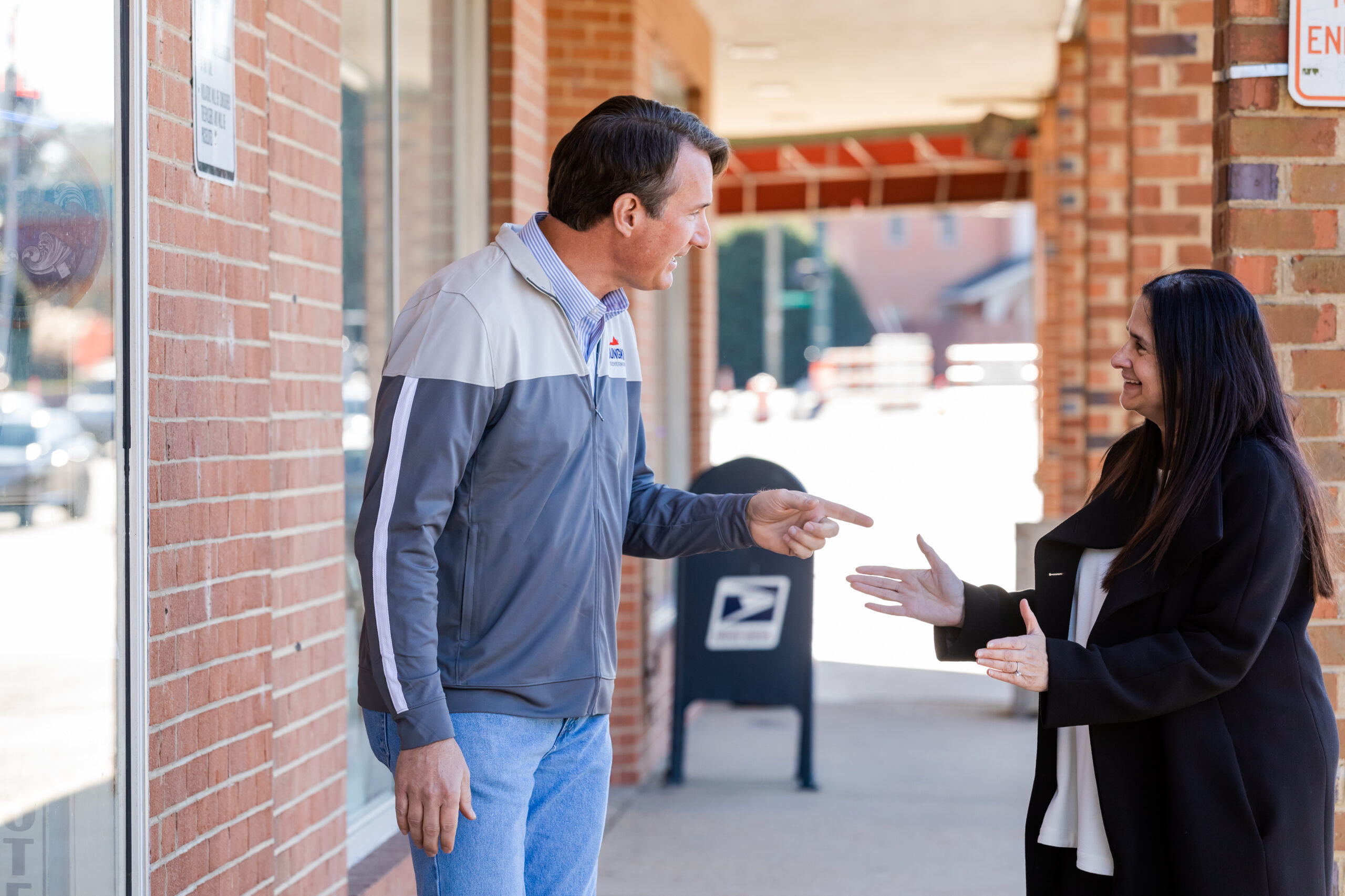

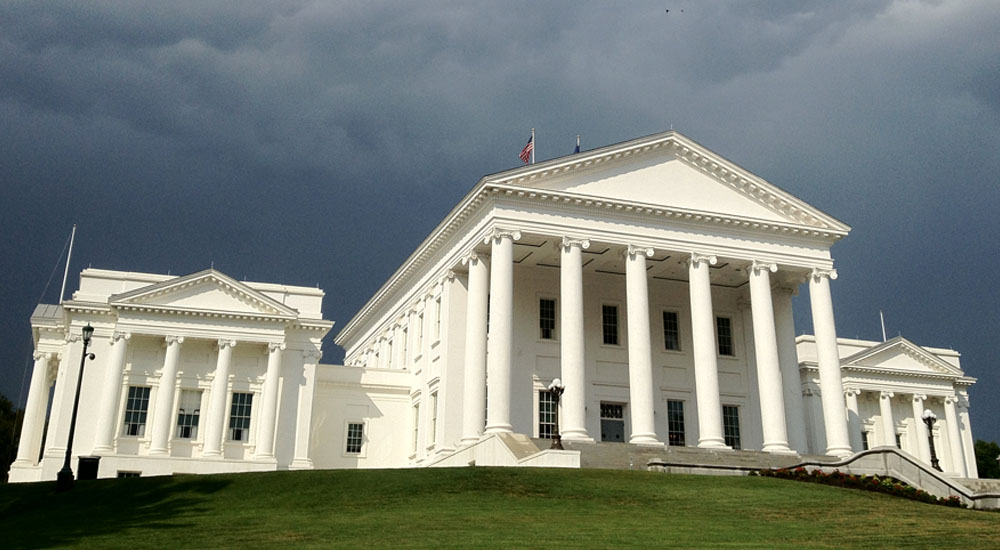
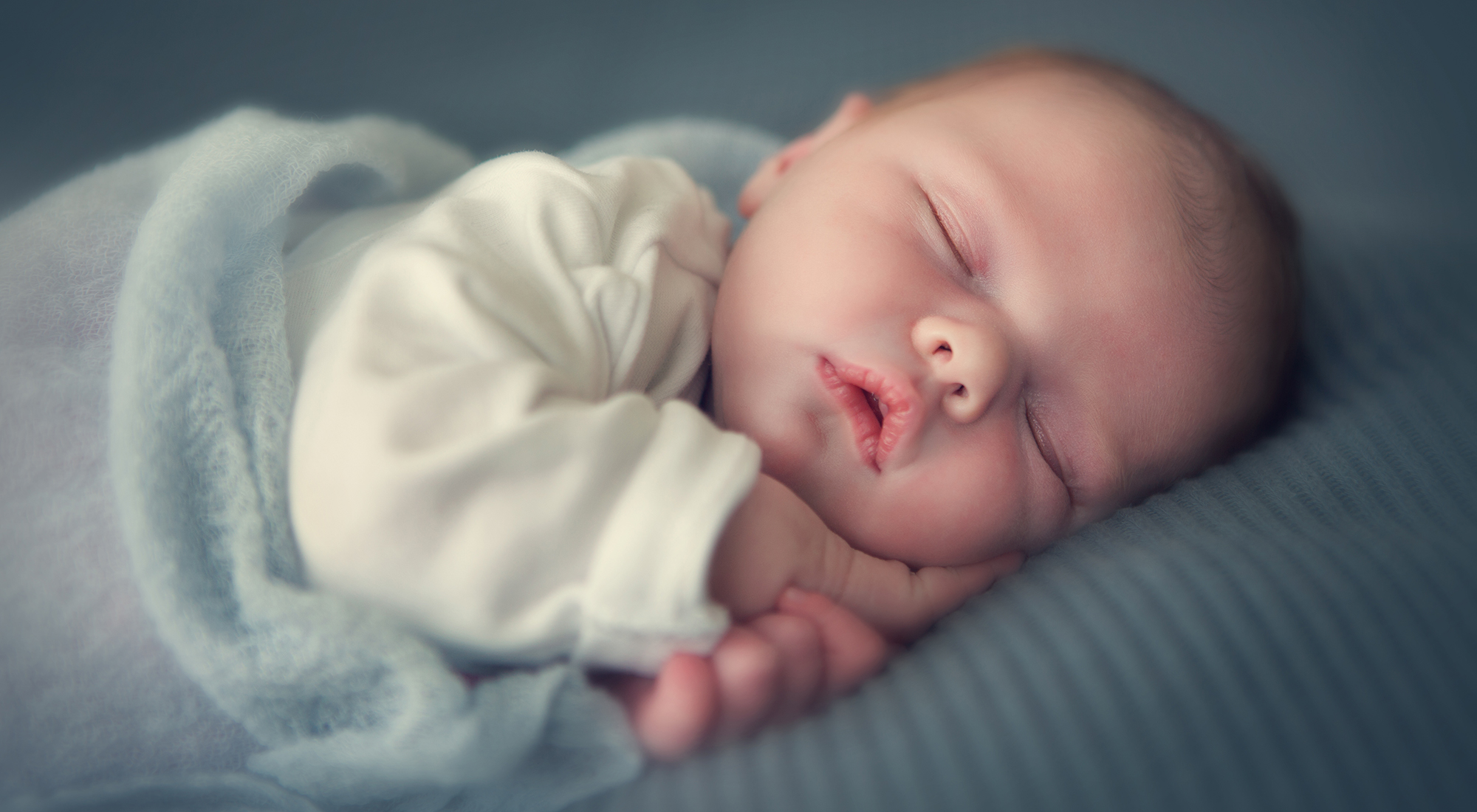
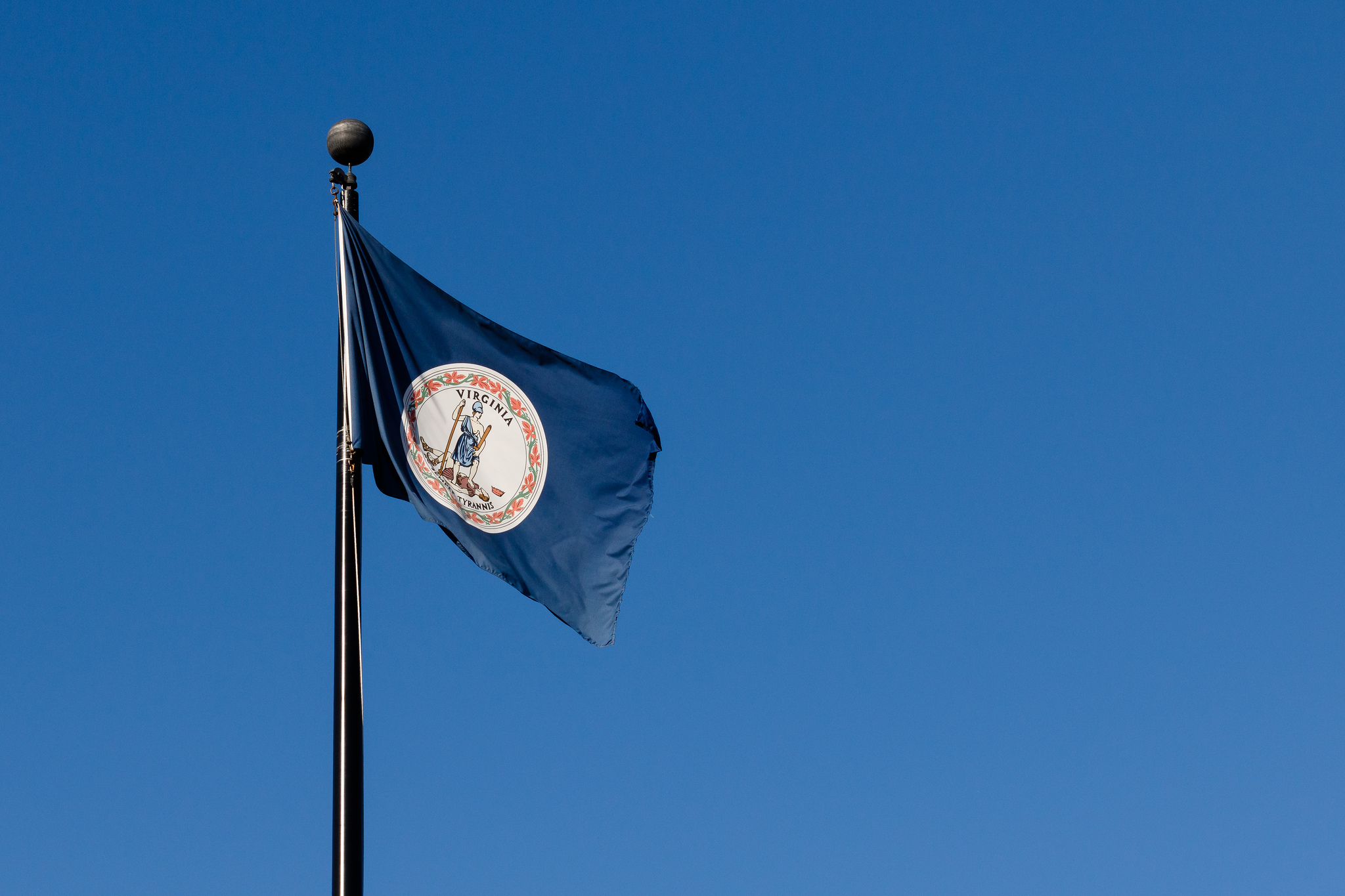
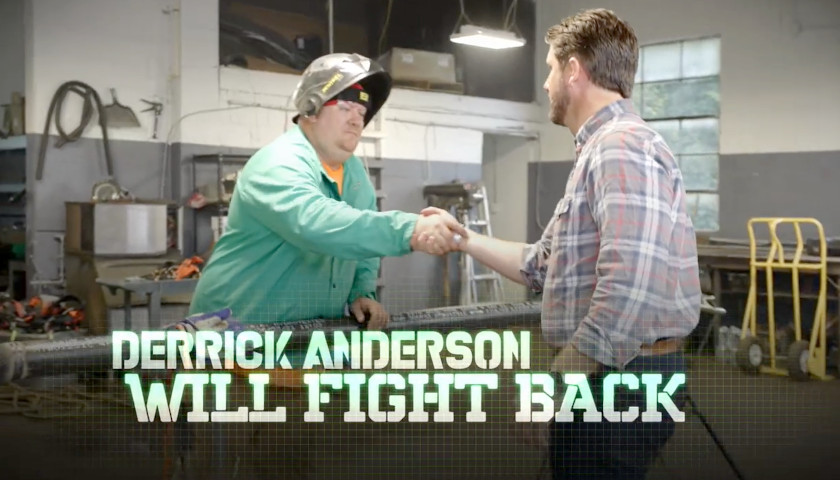
2 Comments
[…] with permission. See the original article here and leave some […]
[…] with permission. See the original article here and leave some […]
Comments are closed.